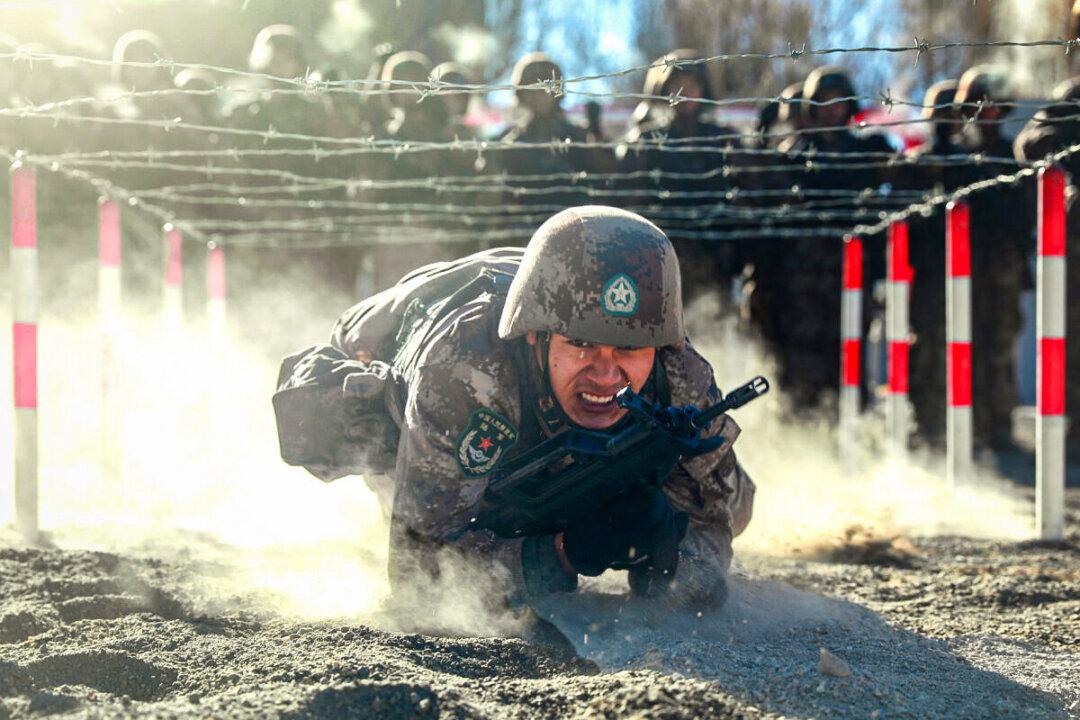“Interlocking alliances” between nations is the best way to counteract Beijing’s military build-up in the Indo-Pacific region, says former Australian Prime Minister Scott Morrison.
Morrison, now able to speak more freely after stepping down from office, delivered a gloomy outlook on potential conflict in the region.





